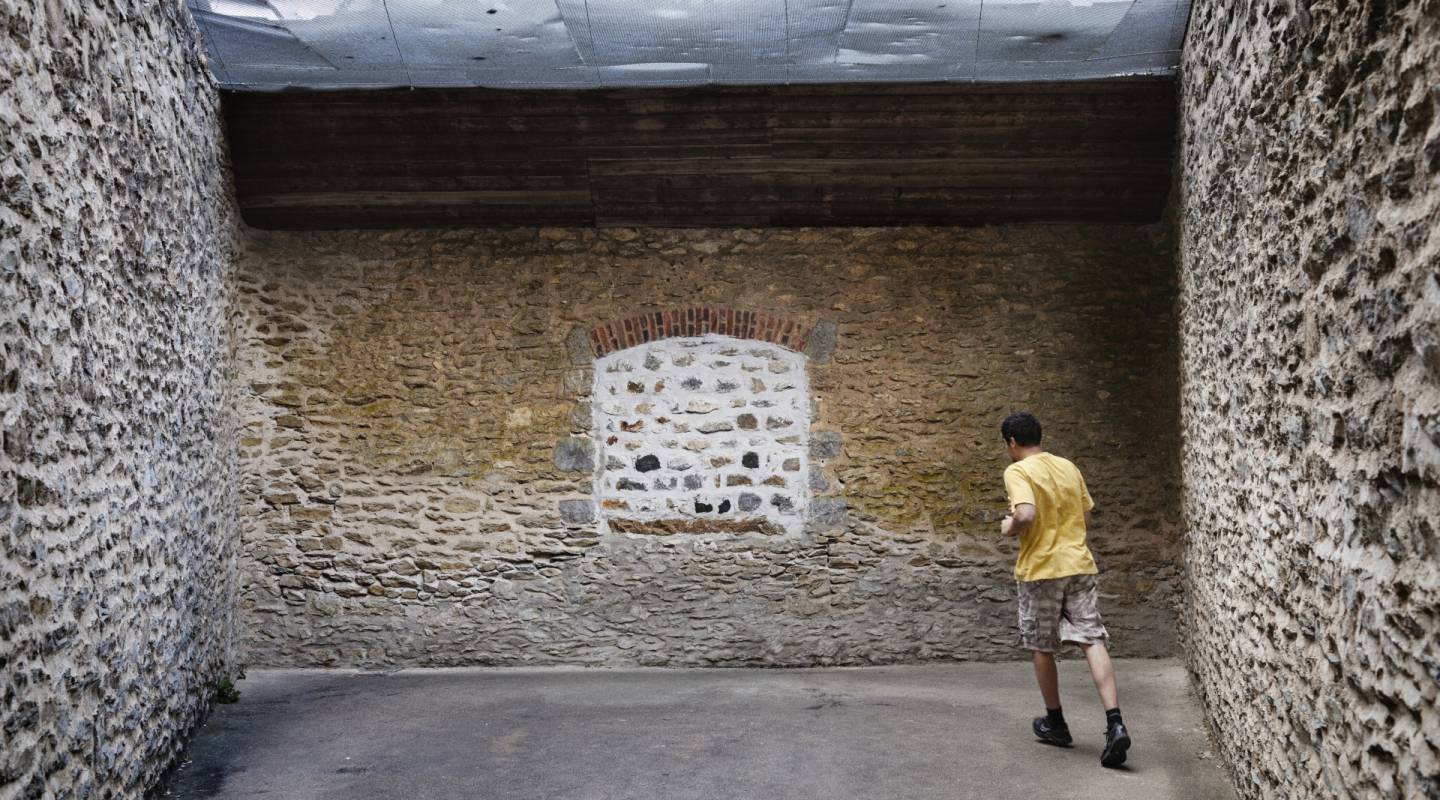
France
Capital city — Paris
Country population
i2018/ INSEEIncarceration rate (per 100,000 inhabit…
Type of government
Human Development Index
Homicide rate (per 100,000 inhabitants)
i2015/ OECDName of authority in charge of the pris…
Total number of prisoners
i01/01/2019/ Prison administrationAverage length of imprisonment (in mont…
Prison density
116.5 %Detention centres…
i02/2019/ Report CGLPLTotal number of prison facilities
i01/01/2018/ Prison adminsitrationAn NPM has been established
Female prisoners
i2019/ Prison administrationIncarcerated minors
i01/2019/ Prison administrationPercentage of untried prisoners
i01/2019/ Prison administrationDeath penalty is abolished
yes, since 1981The last executio…
Health
Organisation of health care
Ministry in charge
Ministry of Health
Every prison facility has a health care unit
Different types of medical care are provided :
-
Level 1 care refers to doctor’s visits, external procedures and outpatient care. Medical units, formerly outpatient consultation and treatment units (unités de consultation et de soins ambulatoires (UCSA)), provide consultations and physical examinations pertaining to general practice that do not require hospitalisation. They are found in nearly all prisons and are served by general practitioners and nurses.
-
Level 2 care refers to short-term hospitalisation. This allows people to receive comprehensive, individualised, or intensive care and physical examinations during the day. Medical procedures are carried out in hospitals, with psychiatric care provided inside the prisons through the medical units.
-
Level 3 care refers to full hospitalisation. Medical care is provided in converted sections in the nearest hospitals (for urgent medical treatment and short-term stays). Long-term admissions (longer than 48 hours) go to specially secured hospital units (unités hospitalières sécurisées interrégionales (UHSI)). Psychiatric hospitalisation is available in specially adapted hospital units (unités hospitalières spécialement aménagées (UHSA)), with or without consent.
Health care has been the responsibility of public hospitals (Ministry of Health) since the enactment of LawNo. 94-43 dated 18 January 1994. There are two types of health services available: basic health care and psychiatric care. As of 1 January 2018, there were:
- 1 medical unit per prison.
- 9 UHSIs in the university hospitals (centres hospitaliers universitaires (CHU)) in Bordeaux, Lille, Lyon, Marseille, Nancy, Paris-La Pitié, Rennes and Toulouse for hospital stays longer than 48 hours. A total of 170 UHSI beds are currently available.
- 1 national public health facility in Fresnes.
- 26 regional medical and psychological services (services médico-psychologiques régionaux (SMPR)) in 26 prisons.
- 9 UHSAs in general hospitals. Psychiatric beds are available (with or without consent) in Bordeaux, Lille, Lyon, Nancy, Orléans, Rennes, Toulouse and Villejuif. A new UHSA opened in Marseille in June 2017 with a total capacity of 440 beds.
Access to health care
Health care is free
A medical examination is performed upon admission
A medical file is opened upon admission
Prisoners can access health care units after
a written request
Requests for appointments must be made in writing and can take several months to come through. Making requests in writing is difficult for those who are illiterate or do not know French. Doctors of the World is trying to resolve this issue by recommending that a card be made on which a prisoner could select the care or treatment that they need.
Medical examinations are carried out on a confidential basis
no
The most frequently cited problems concern the safeguarding of patient confidentiality and the lack of resources in the medical units.
-
Access to medical units is not the same in all prisons. General medical care is mostly satisfactory despite some problems with the facilities (conflicting scheduling, disciplinary procedures that are underway, etc.). Specialised treatment, namely eye and dental care and treatment for chronic disorders, is seriously lacking, as there are not enough medical specialists. There are times, particularly in solitary confinement wards and during medical transfers, when the conditions of consultations become problematic and affect the quality of care and the safeguarding of patient confidentiality.